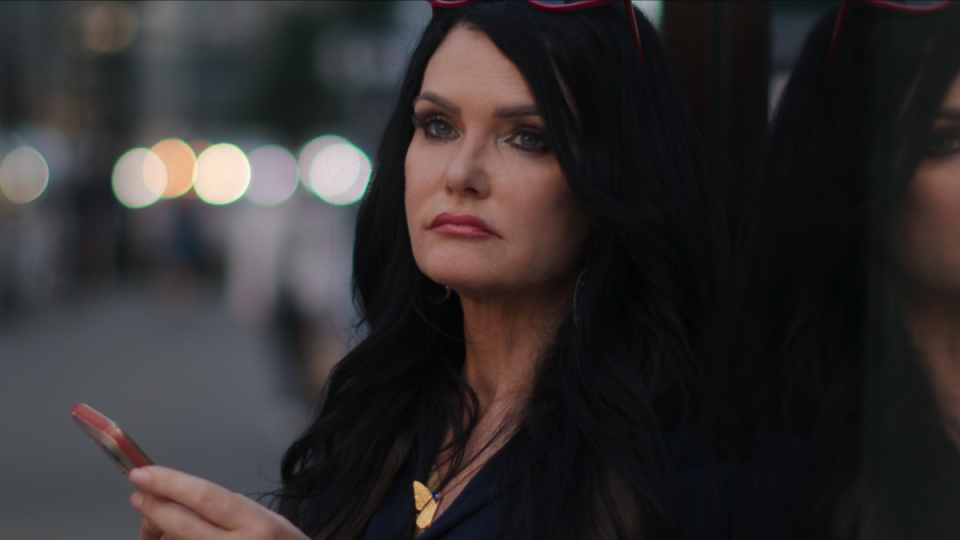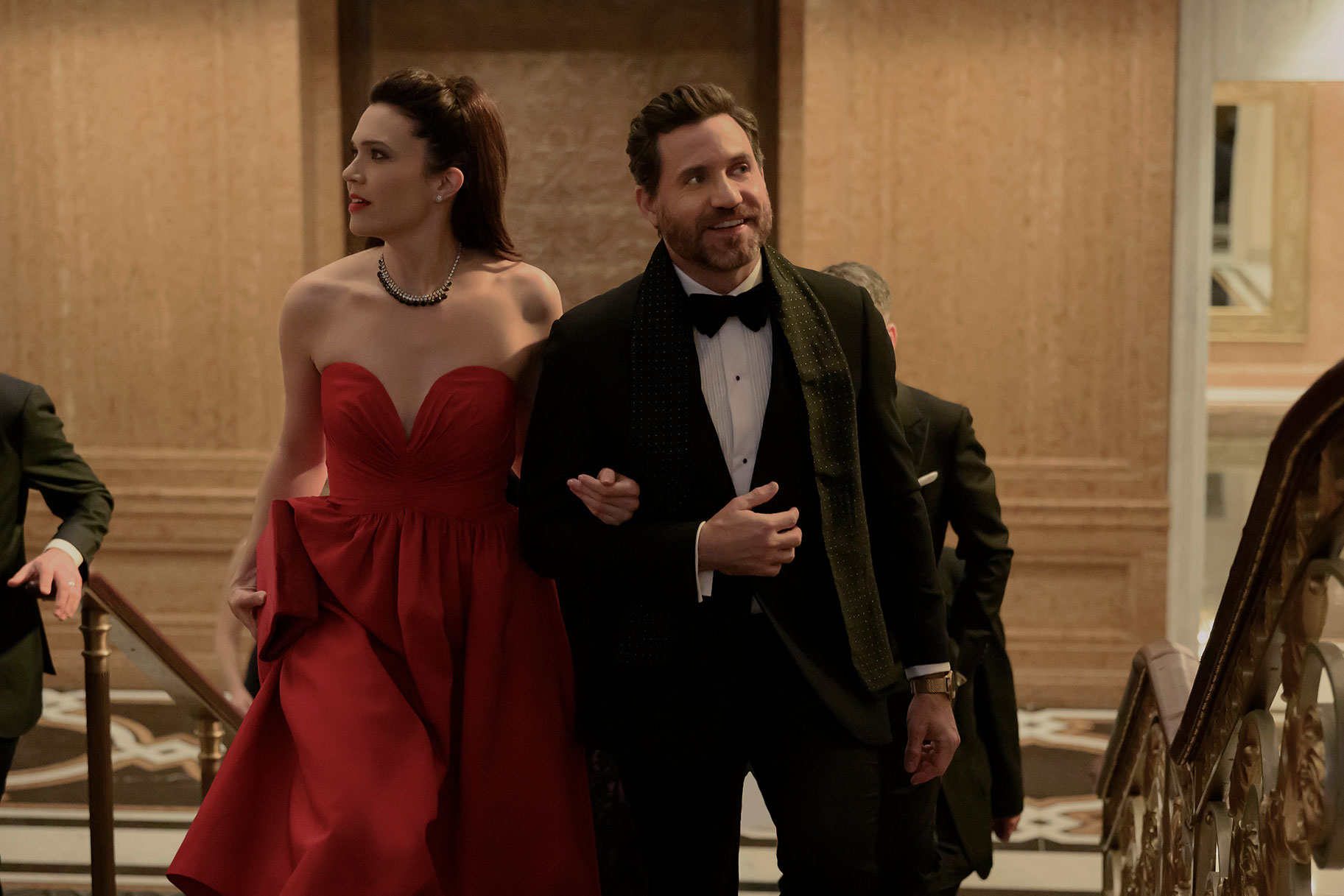Dr. Death Season 2: Paolo Macchiarini's Fall & Deceit Unveiled
Is it possible for brilliance to mask a profound darkness, and can charm and charisma conceal a web of deceit that shatters lives? The story of Paolo Macchiarini, a celebrated thoracic surgeon, is a chilling testament to the devastating consequences when ambition, manipulation, and scientific misconduct intertwine, leaving a trail of broken promises and unanswered questions.
The allure of Paolo Macchiarini was undeniable. A charismatic surgeon with a reputation for groundbreaking work in regenerative medicine, he captivated the medical world and beyond. He promised miracles, performing the world's first synthetic trachea transplants, a procedure that seemed to offer hope to patients facing life-threatening conditions. However, beneath the veneer of innovation and expertise lay a reality far more sinister. His scientific research was later found to be fraudulent, his surgical techniques questionable, and his personal life a tapestry of calculated deception. The saga, now immortalized in the second season of the true-crime drama 'Dr. Death,' reveals a disturbing portrait of a man who traded on trust and shattered the lives of those who believed in him.
| Attribute | Details |
|---|---|
| Full Name | Paolo Macchiarini |
| Born | August 22, 1958 |
| Profession | Thoracic Surgeon, Former Regenerative Medicine Researcher |
| Known For | Research fraud, manipulative behavior, performing the world's first synthetic trachea transplants (which were later found to be flawed and unethical) |
| Key Relationships | Benita Alexander (engaged to be married, relationship based on deception) |
| Notable Institutions (Former) | Karolinska Institutet (Sweden), Hospital Clinic de Barcelona (Spain) |
| Controversies |
|
| Current Status | Convicted of aggravated assault in Sweden. Currently facing legal challenges related to medical malpractice. |
| Reference Link | Wikipedia - Paolo Macchiarini |
Benita Alexander, a television producer, was drawn into Macchiarini's orbit during the course of her work. Their relationship, which blossomed rapidly, became a focal point of the unfolding narrative. What began as professional admiration soon morphed into a whirlwind romance, fueled by Macchiarini's charm and elaborate fabrications. He spun a web of lies, promising a life of luxury and a wedding officiated by the Pope. As Benita crossed professional lines, she began to uncover the true extent of his deception, exposing a series of events that would forever alter her life, and her perception of reality.
The dramatic representation of this story in 'Dr. Death' is a powerful illustration of the fragility of trust. The second season, starring Edgar Ramrez as Macchiarini and Mandy Moore as Alexander, delves deep into the complexities of the relationship. The show serves as a stark reminder of how even highly intelligent and accomplished individuals can be ensnared by manipulative personalities. The casting of Ramrez, known for his compelling performances, adds a layer of intrigue and draws viewers into the psychological complexities of Macchiarini.
The narrative arc extends beyond the personal drama. The series explores the critical questions regarding the responsibility of medical institutions, the ethical boundaries of scientific research, and the consequences of unchecked ambition. The doctors who worked alongside Macchiarini began to question the validity of his research, ultimately leading to a cascade of revelations that shook the foundations of the medical community. His scientific findings were revealed to be more akin to fiction than fact. The surgeries, touted as innovative breakthroughs, resulted in agonizing deaths and prolonged suffering for the patients who placed their trust in his hands. The story underscores the importance of due diligence, peer review, and the courage to challenge authority when faced with potential misconduct.
The series does not shy away from the uncomfortable realities of the situation. 'Dr. Death' confronts the question of how such a widespread deception was allowed to persist for so long. It examines the role of institutional failures, the pressures of achieving medical breakthroughs, and the allure of fame and recognition. The show challenges viewers to consider the ethical implications of scientific innovation and the importance of holding medical professionals accountable for their actions.
The heart of the series, and the core of the real-life events, lies in the contrast between the man and the myth. Macchiarini was, at least on the surface, a figure of extraordinary talent, a surgeon who appeared to defy the boundaries of medical possibility. He cultivated an image of a benevolent visionary, a man of deep compassion driven by a relentless pursuit of scientific progress. The truth, however, was far more complex and disturbing. The series showcases how quickly appearances can be misleading and how easily the vulnerable can be exploited.
The show, based on the true crime podcast from Wondery, meticulously recreates the events, using extensive research, interviews, and dramatic reenactments. The production benefits from a strong cast, including Ramrez as Macchiarini and Moore as Alexander, who offer nuanced portrayals of the real-life figures. The series is not just a sensationalized account of medical malpractice and deception; it is a cautionary tale about the importance of skepticism, the dangers of unchecked power, and the devastating effects of manipulation.
The ethical questions raised by the Macchiarini case extend far beyond the operating room. The saga highlights the critical need for rigorous oversight in scientific research, the responsibility of institutions to protect patients from harm, and the importance of fostering a culture of transparency and accountability. The drama serves as a stark warning about the dangers of hero-worship and the imperative to question authority, even when the individual in question appears to be a brilliant and compassionate figure.
The series underscores the importance of asking critical questions: How could a man build an empire on lies? How could a celebrated surgeon commit such acts of medical malpractice? And, perhaps most significantly, how can we prevent such tragedies from happening again? The answer requires a collective commitment to ethical conduct, rigorous standards of scientific research, and a willingness to challenge the status quo.
The production also makes a point of highlighting the victims of Macchiarini's actions. The patients who were subjected to his experimental surgeries, as well as the friends and family members left to deal with the devastating aftermath, are given due respect and consideration in the show. The series does not simply portray Macchiarini as a villain; it also shines a light on the human cost of his actions, reminding viewers that behind every scandal, every deception, there are real people whose lives have been irrevocably affected.
The impact of 'Dr. Death' is intended to be more than entertainment. It serves as an educational tool, reminding viewers of the power of critical thinking, the importance of seeking out second opinions, and the necessity of protecting vulnerable individuals from those who would seek to take advantage of them. The series also acts as a tribute to the resilience of the human spirit in the face of immense adversity. The story of Macchiarini offers a glimpse into the dark side of medical innovation and the devastating consequences of unchecked ego and ambition. It also leaves us with a lingering question: How can we prevent such a tragedy from ever happening again?
Mandy Moores portrayal of Benita Alexander is compelling. She delves into the emotional toll of the deception, reflecting both the initial infatuation and the eventual devastation. The performance serves as a reminder that the core question is not how Alexander was deceived, but why she was deceived, and what mechanisms can be put into place to prevent similar situations. The series is not merely a tale of medical malpractice and deception, but a complex exploration of human vulnerability, trust, and the potential for good and evil to exist in the same person.
The interweaving of Benita and Paolos romance adds a compelling layer to the core story. The contrast between the high-flying lifestyle and the hidden darkness is highlighted through carefully chosen shots, which provide insight into the extent of Macchiarini's manipulations. The use of flashbacks and dramatic recreations offers viewers a glimpse into the intricate web of deceit, allowing them to experience the emotional journey of those involved.
In an industry where trust is paramount, the Macchiarini case serves as a stark reminder that nothing, and no one, can be taken at face value. The repercussions of his actions will continue to be felt, and the story is a clear call for increased vigilance and a deeper understanding of the ethical responsibilities placed on those in positions of power.
Ultimately, 'Dr. Death' season 2, in its exploration of the Macchiarini case, seeks not just to tell a sensational story, but to provoke contemplation and reflection. It urges viewers to question the narratives they are presented with, to look beyond appearances, and to seek the truth, no matter how uncomfortable it may be. It is a compelling and cautionary tale that will linger in the minds of viewers long after the credits roll.


